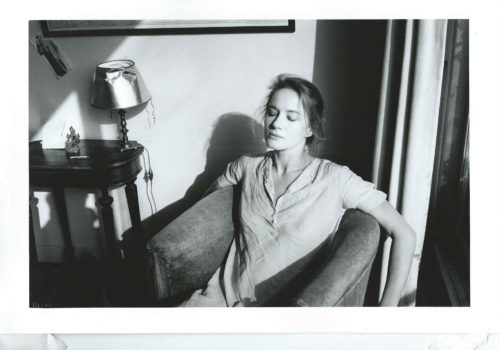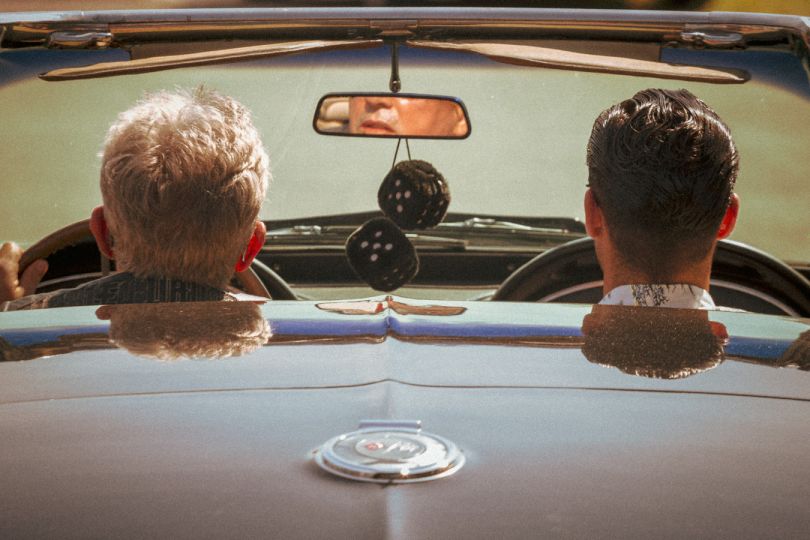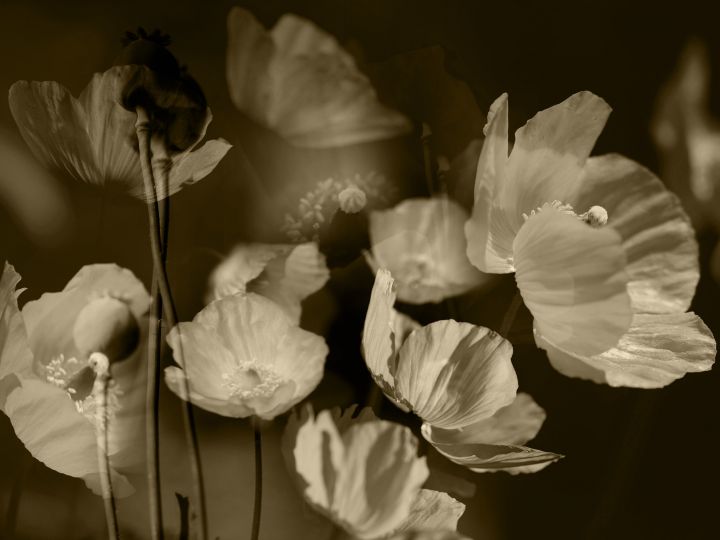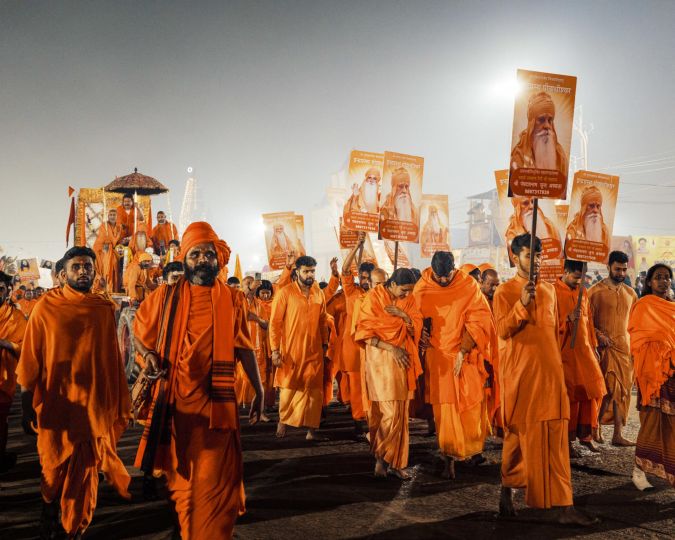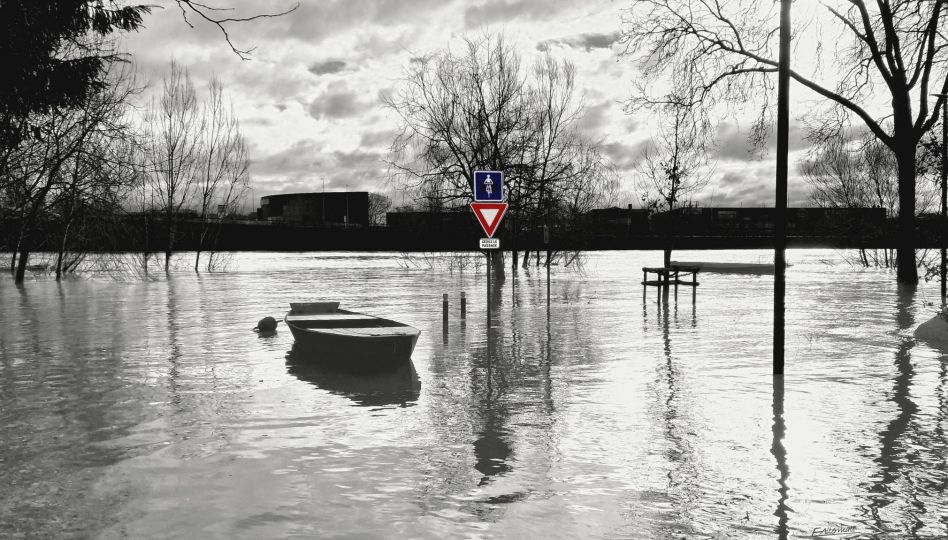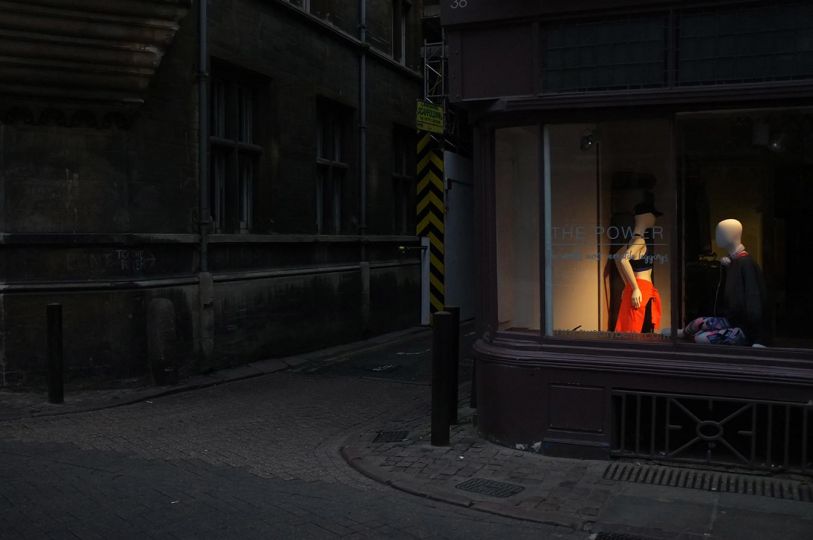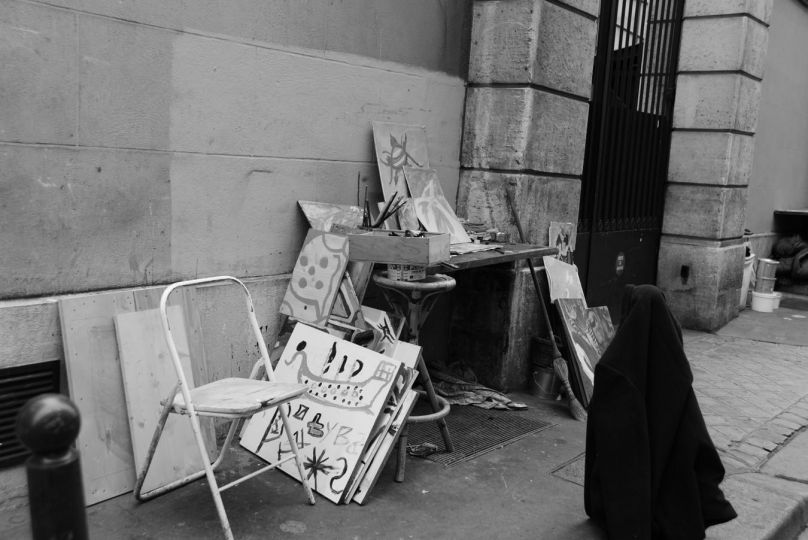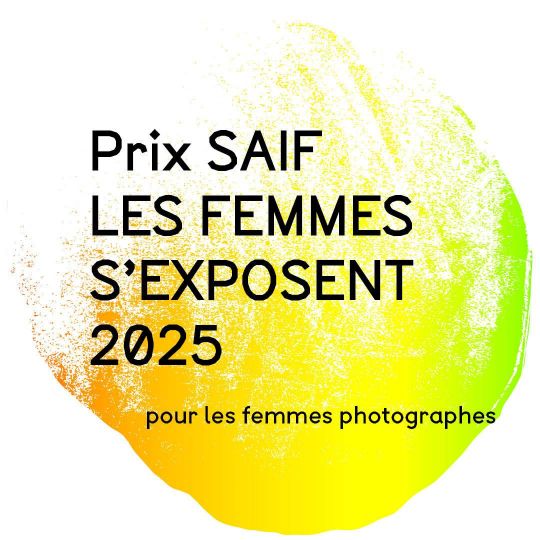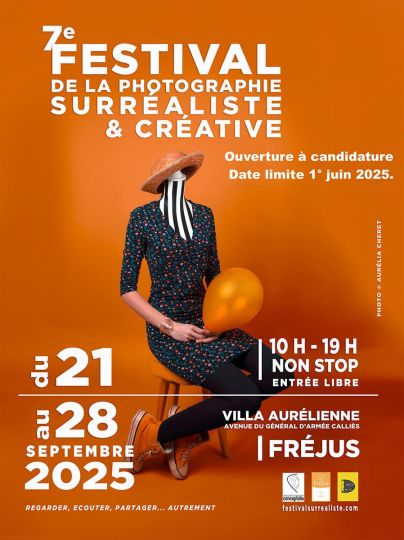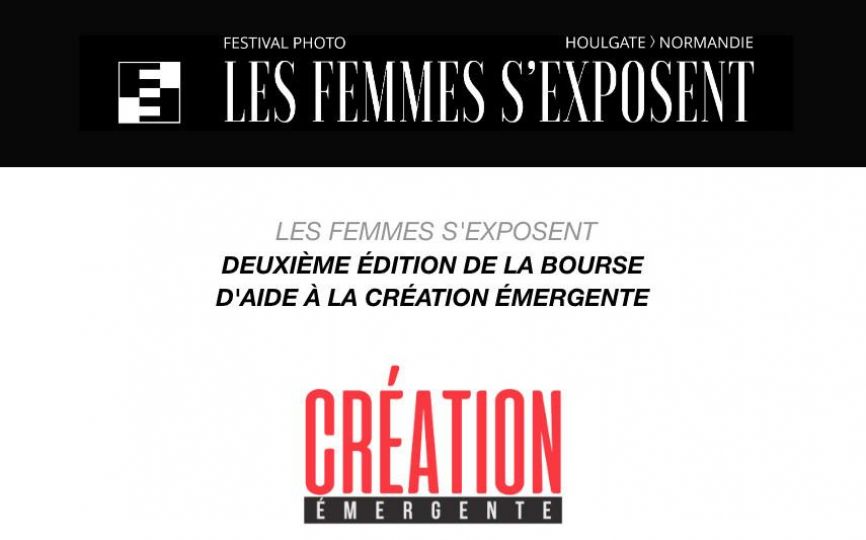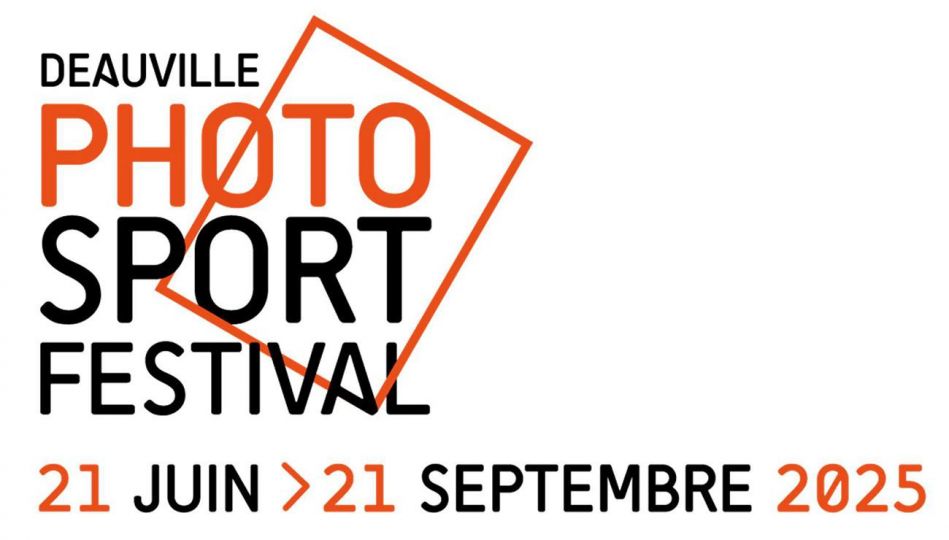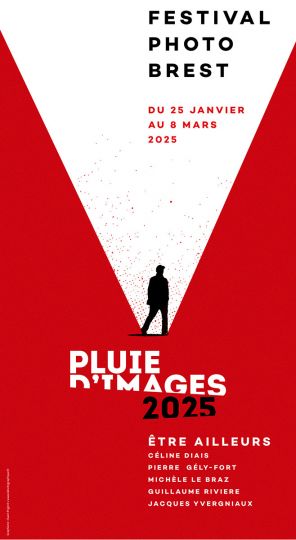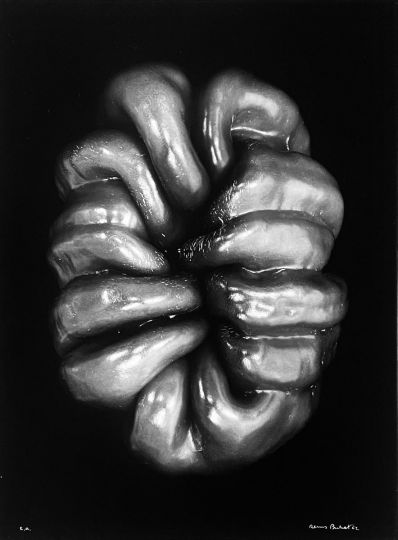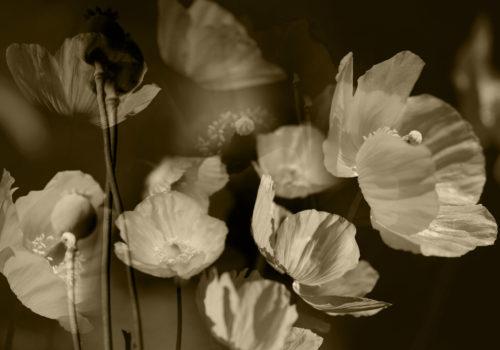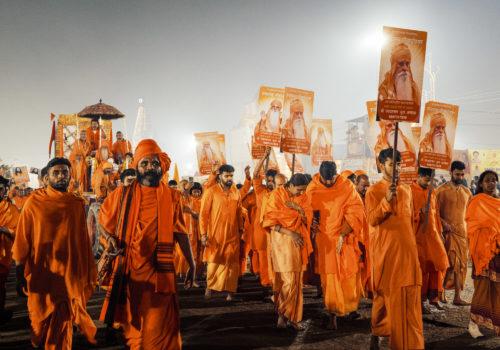For its seventh edition, the Photomed festival has taken on a new dimension. Four places in Marseille: the Friche la Belle de Mai, the Mucem, the Villa Méditerranée and the FRAC, are added to Sanary-sur-Mer, the Île de Bendor and the Hôtel des Arts in Toulon. Looking at and thinking about the cities is the theme for the Marseille part of the festival.
From the nineteenth century until today, photography has never ceased maintaining an affinity with the city. The latter is a classic subject. The reason for it is, without doubt, that the invention of photography is concomitant with urban development. It has, at least, witnessed all of its phases of development.: of the convivial and picturesque city mixed with the countryside, where men socialised, such as that photographed by Robert Doisneau and Willy Ronis, to the incredibly contrasted, contemporary city world, juxtaposing magnificent, expensive architectural structures and charmless, infinite suburbs. More inhabitants here but what Sartre calls a “plurality of loneliness”.
This transformation of the city was accompanied by an evolution in photographic practice: under the influence of the Bechers, the subjective approach of humanist photographers gave way to a neutral and methodical objective practice, of which Stéphane Couturier and Andreas Gursky are famous representatives. This movement became so strong in the 1990s that it overwhelmed those who resisted it, such as Ferruccio Leiss in Venise and Mimmo Jodice in Naples, to the point that in 2004 a great critic like Dominique Baqué could write that their approach was “outside History”
Yet, in the same way that a power ends by giving rise to an opposing power, any artistic hegemony is quickly challenged. Without doubt it was no accident that this resistance was the strongest among the Mediterranean artists. Here art was only expressing the cultural and economic antipathy between the countries of the North and the countries of the South. When the Germanic and American schools promoted a clinical photography, many Mediterranean artists opted for a sensitive approach.
This was what I wanted to show through a series of exhibitions devoted to Tangier, Algiers, Beirut, Eboli and Marseille. Even when they borrow some of the stylistic codes of the Düsseldorf school (compositional rigour, neatness and precision of the images, frontality, serial approach etc.) neither Anne-Françoise Pélissier, nor Giasco Bertoli, nor Hicham Gardaf, nor Joe Kesrouani renounce a certain poetry. The view they have of a city or a place remains conspicuously personal. Alain Gualina and Yves Jeanmougin resolutely join them on the front line with a warm and nostalgic imagery of daily life. Their photographs recall those of Marc Riboud and Édouard Boubat, two classic artists shown at previous editions of Photomed. Maude Grübel et Mickael Soyez mix urban views, portraits, details and landscapes, achieving in this way a form of lyricism, while Sirine Fattouh varies her points of view as if the general allure of a city only lets itself be seen through fragments. As for Antoise D’Agata and Franck Déglise, they made the choice of intimacy, with a work that follows the thread of one life.
It is also his life that Bernard Faucon gives evidence of through three videos centred not so much on the city as on the road, but that have in common with several photographers being shown, the tight knot that binds the image of the world and the image of the self, between the act of showing cleanly in the visual arts and the act of narrative generally considered like a novel. In other words there often fiction in photography, be it urban fiction, and that it isn’t surprising that many contemporary writers would have kept their cameras beside their pens. Hervé Guibert is one of them. From Andalusia to Palermo by way of Rome and the island of Elba, he was in his way a Mediterranean photographer, searching not so much for a hypothetical truth of the world as for an uncertain truth of himself, that is, his desire. Is it not ultimately the fate of every travelling artist, like any curious person entering an exhibition space during a festival while randomly wandering through a big city?
Guillaume de Sardes
Guillaume de Sardes is a French photographer, writer, art historian and exhibition curator.
7e édition du festival Photomed, Regarder et penser les villes
From 17th May to 14th August 2017
Exhibition locations:
- Villa Méditerranée
Esplanade du J4, Marseille
Free entry
- Frac Provence-Alpes-Côte d’azur
20 boulevard de Dunkerque, Marseille
Free entry
- Friche la Belle de Mai
41 rue Jobin, Marseille
Free entry
- MuCEM
7 promenade Robert Laffont
Esplanade du J4, Marseille
Free entry

